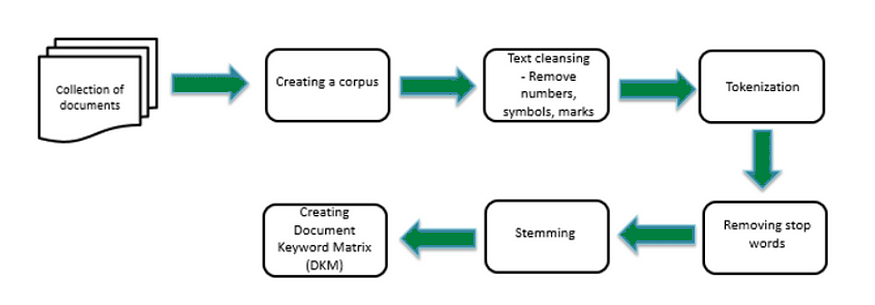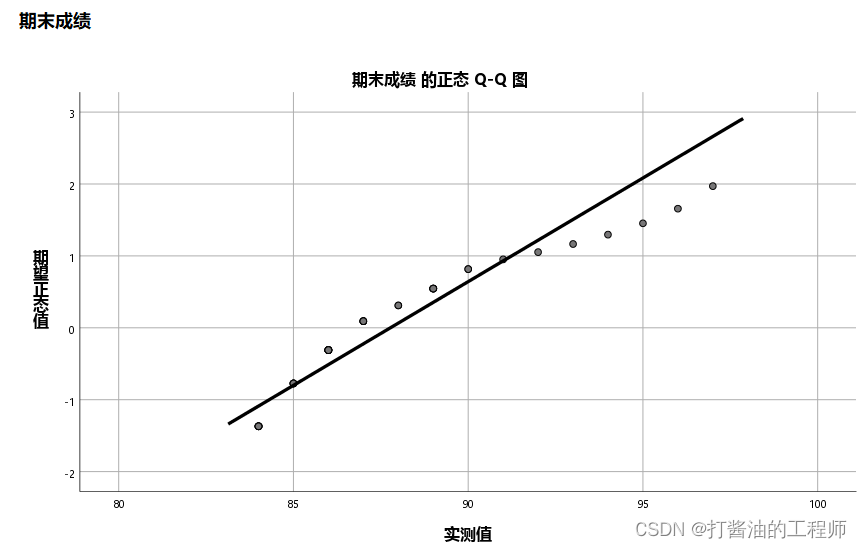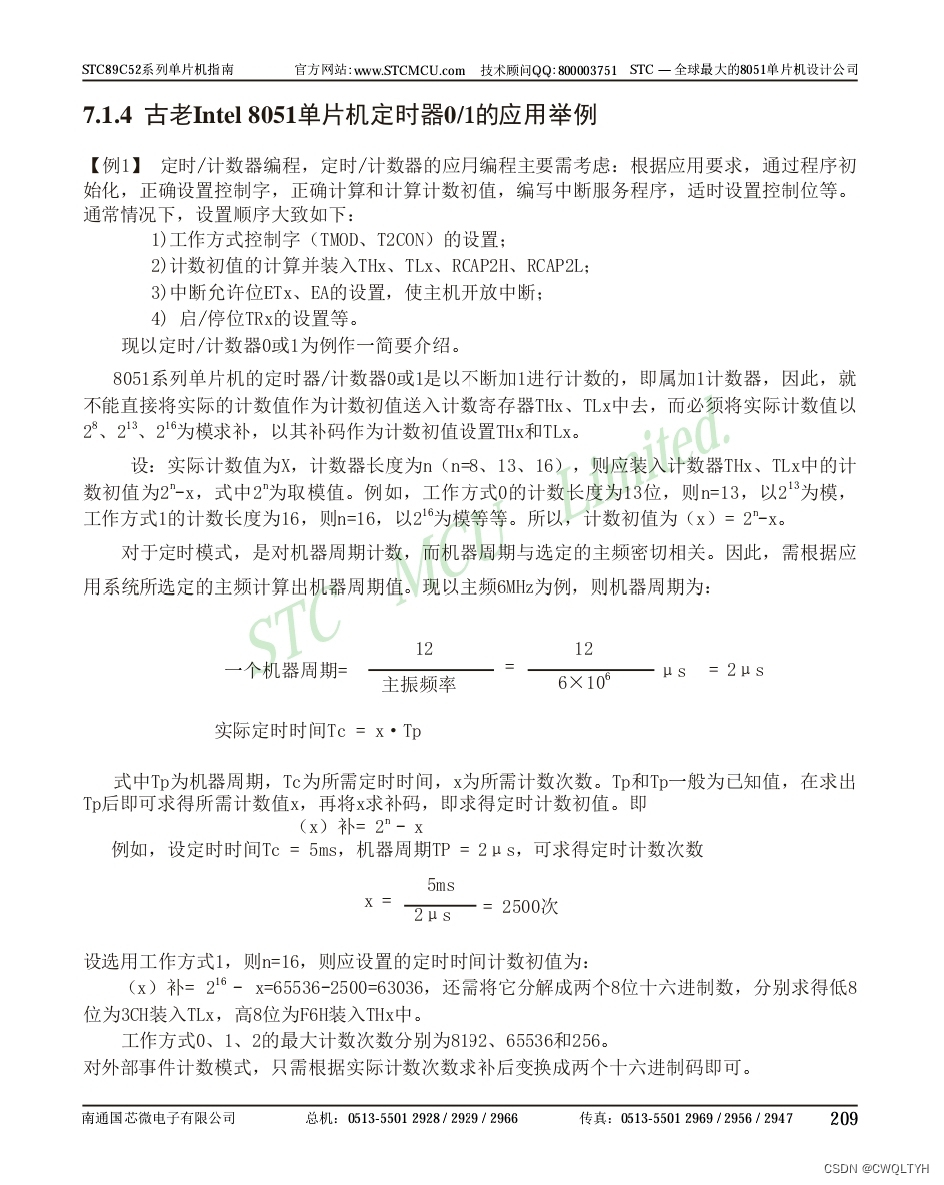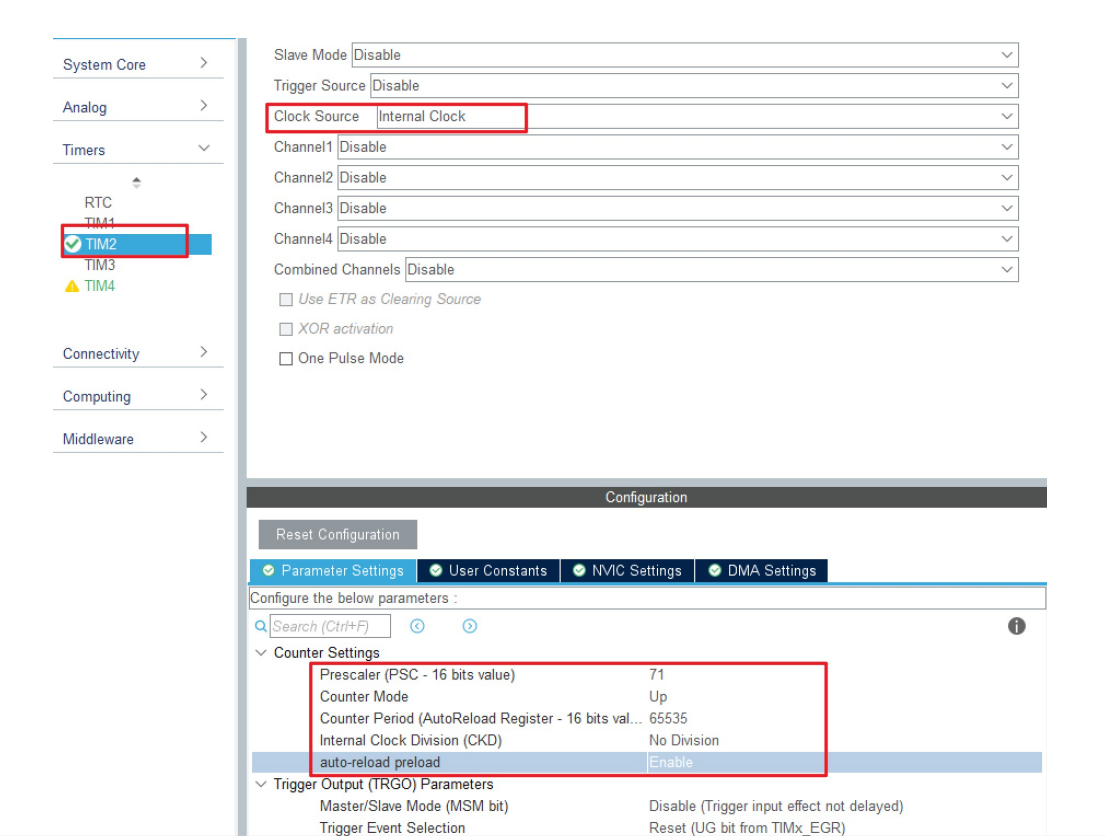一、简介
装饰器模式主要解决继承关系过于复杂的问题,通过组合来替代继承。它主要的作用是给原始类添加增强功能。这也是判断是否该用装饰器模式的一个重要的依据。除此之外,装饰器模式还有一个特点,那就是可以对原始类嵌套使用多个装饰器。为了满足这个应用场景,在设计的时候,装饰器类需要跟原始类继承相同的抽象类或者接口。
特点:可以灵活拓展新功能,动态添加额外职责。
二、UML类图
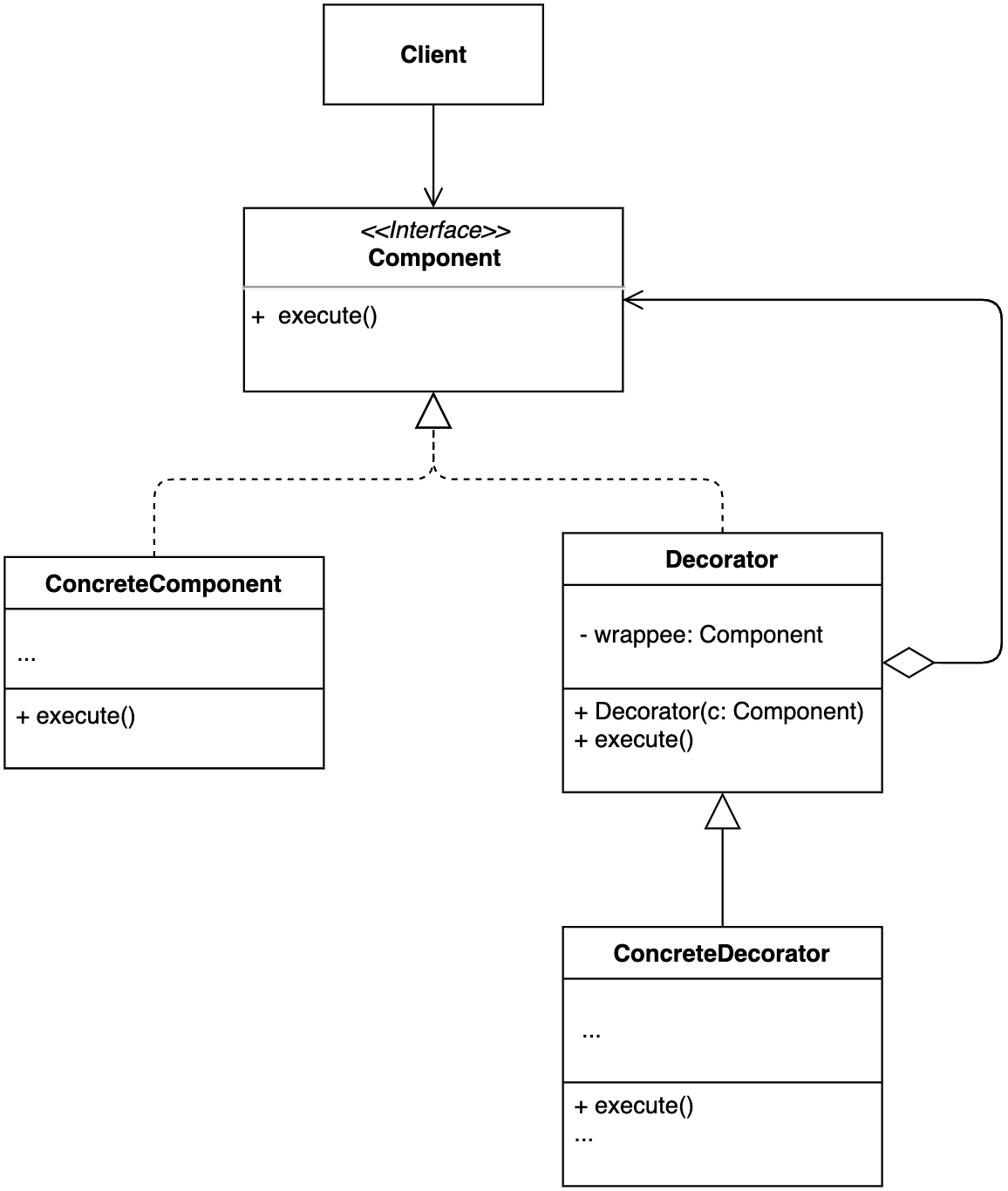
三、案例
以下案例是咖啡店里卖咖啡,可以只买咖啡,也可以加牛奶、糖等,根据选的调味料的种类来计算最终价格。
package main
import "fmt"
type Coffee interface {
Cost() float64
}
type SimpleCoffee struct {
}
func (SimpleCoffee) Cost() float64 {
return 2.0
}
type CoffeeDecorator struct {
coffee Coffee
}
func (cd CoffeeDecorator) Cost() float64 {
fmt.Println("ok1")
return cd.coffee.Cost()
}
type MilkDecorator struct {
CoffeeDecorator
}
func NewMilkDecorator(coffee Coffee) Coffee {
md := MilkDecorator{}
md.coffee = coffee
return md
}
func (md MilkDecorator) Cost() float64 {
return md.coffee.Cost() + 0.5
}
type SugarDecorator struct {
CoffeeDecorator
}
func NewSugarDecorator(coffee Coffee) Coffee {
sd := SugarDecorator{}
sd.coffee = coffee
return sd
}
func (sd SugarDecorator) Cost() float64 {
return sd.coffee.Cost() + 0.25
}
func main() {
coffee := new(SimpleCoffee)
coffeeWithMilk := NewMilkDecorator(coffee)
coffeeWithMilkAndSugar := NewSugarDecorator(coffeeWithMilk)
fmt.Println("Coffee cost: ", coffee.Cost())
fmt.Println("Coffee with milk cost: ", coffeeWithMilk.Cost())
fmt.Println("Coffee with milk and sugar cost: ", coffeeWithMilkAndSugar.Cost())
}
四、对比

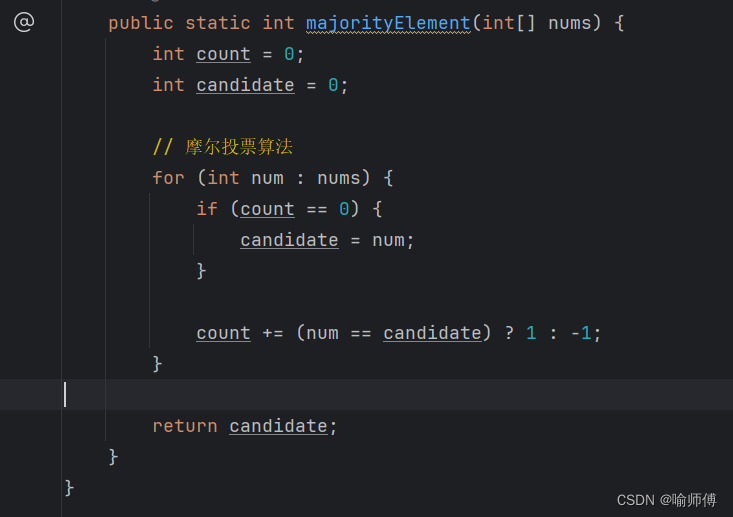
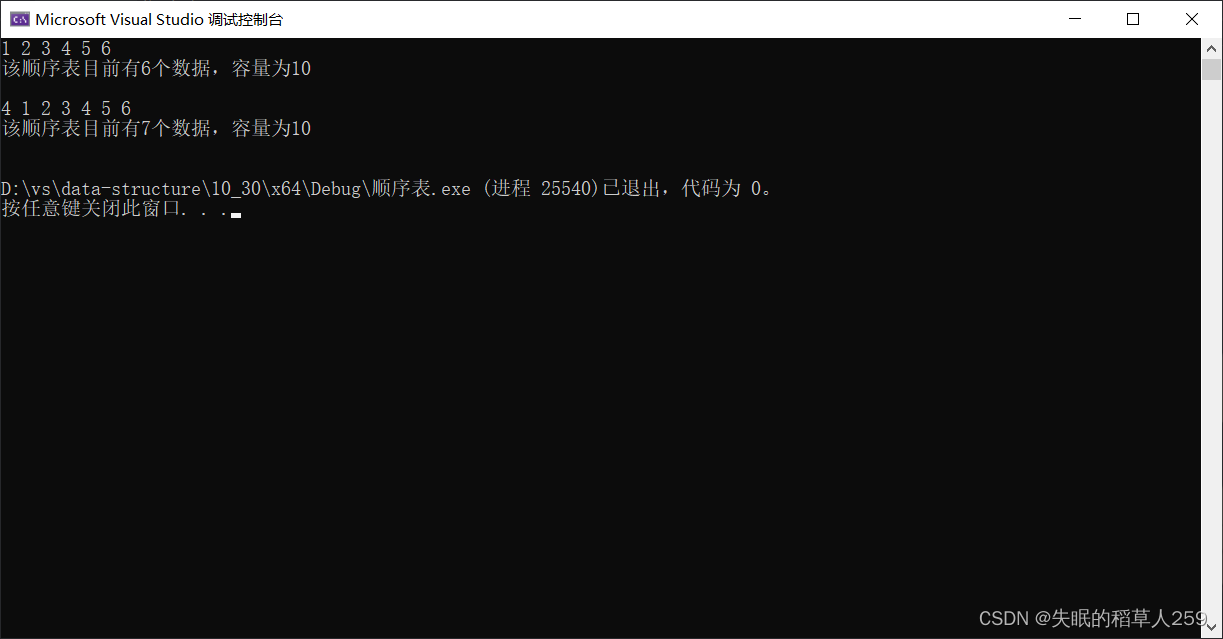
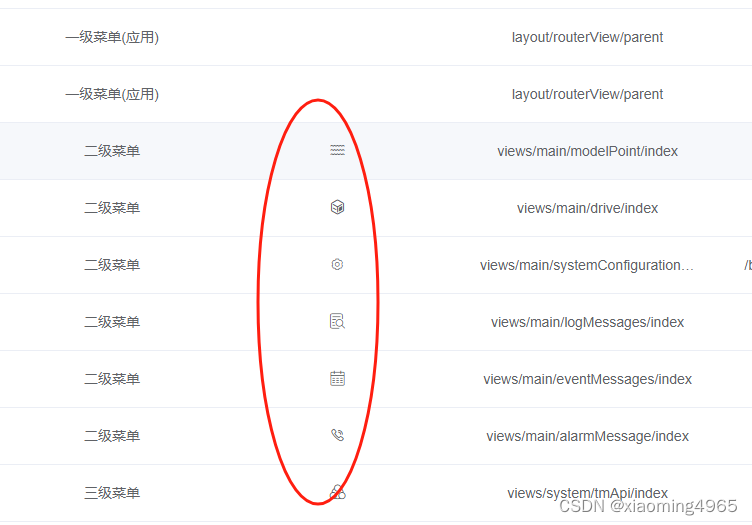
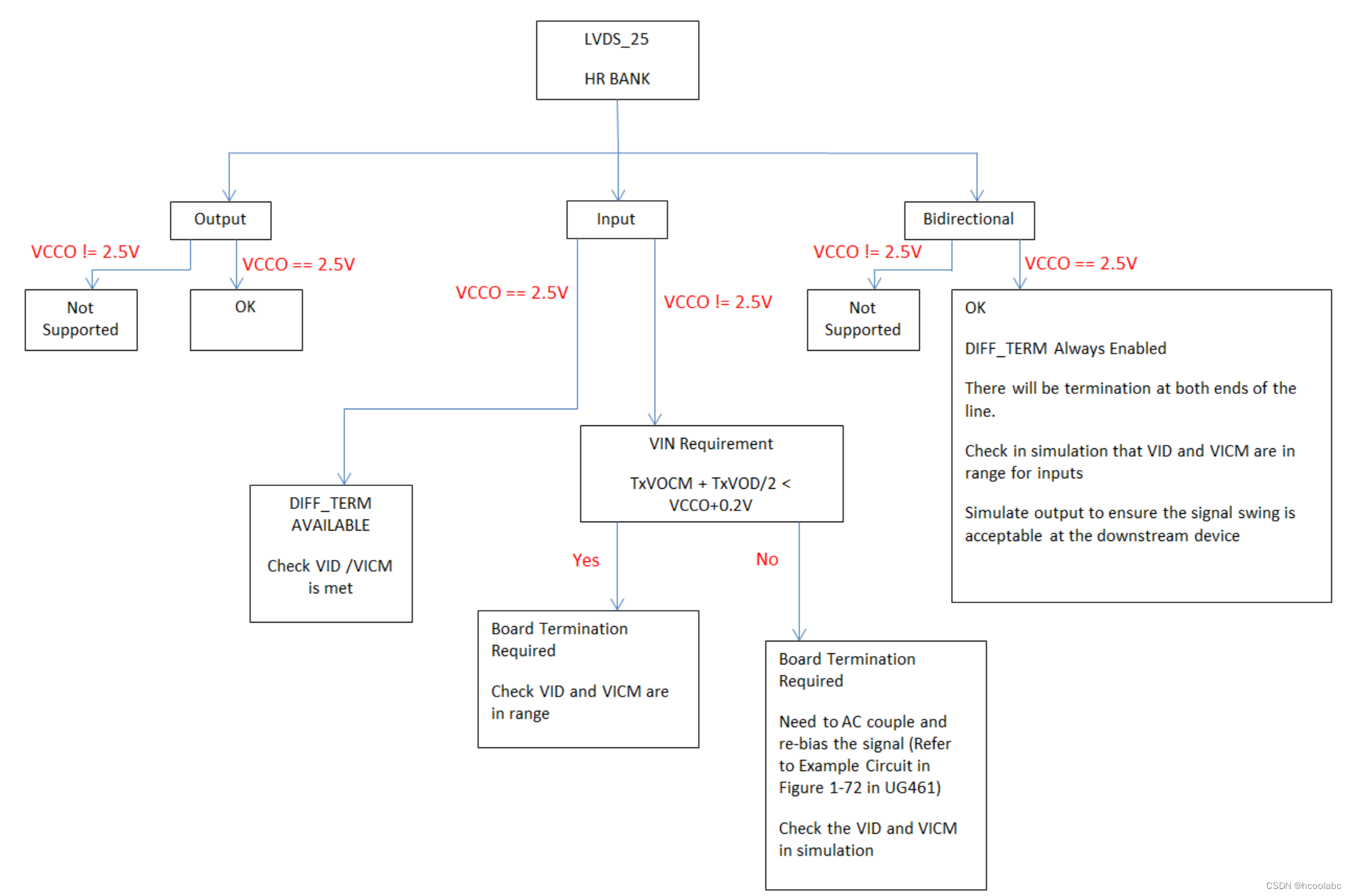
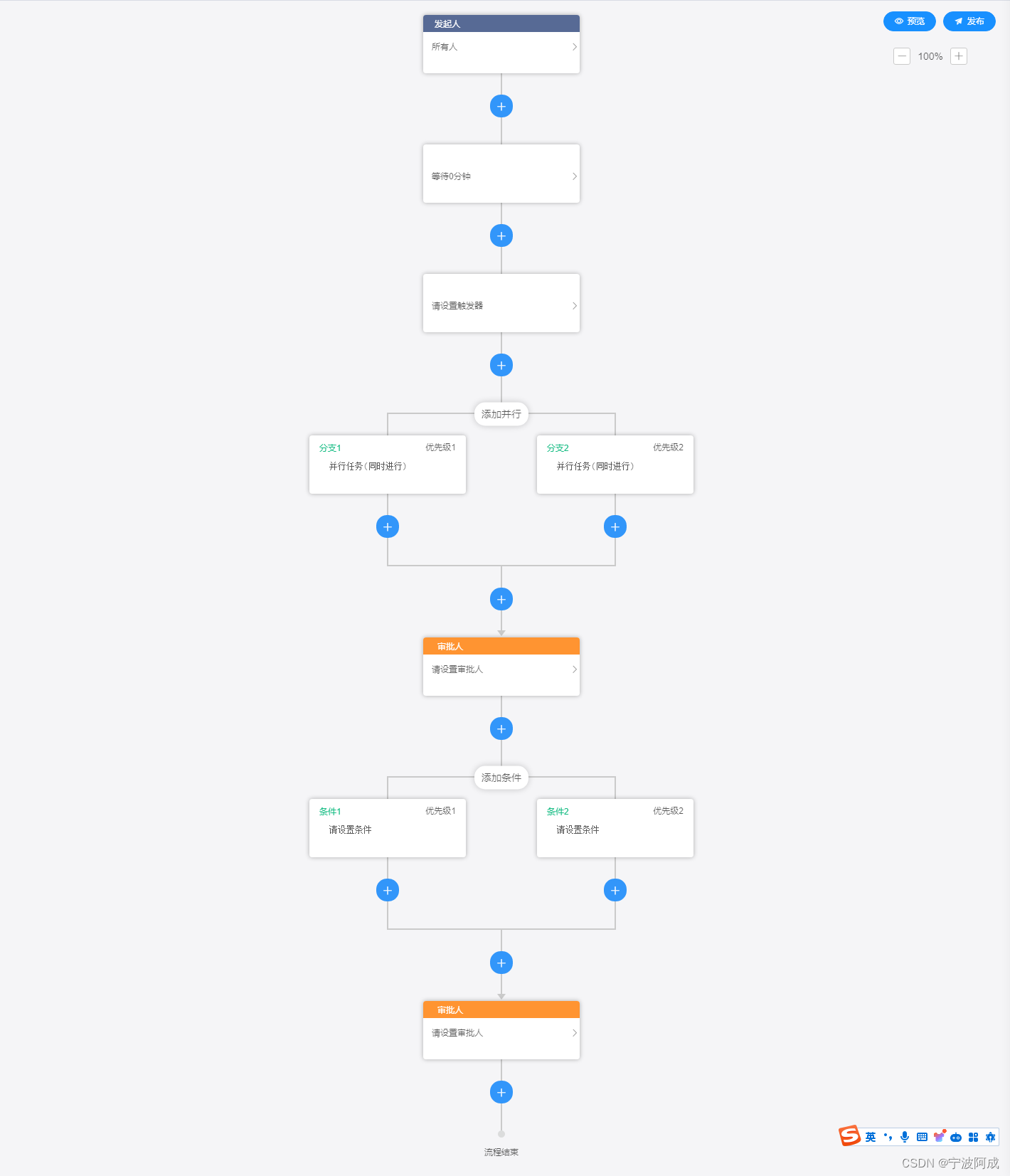
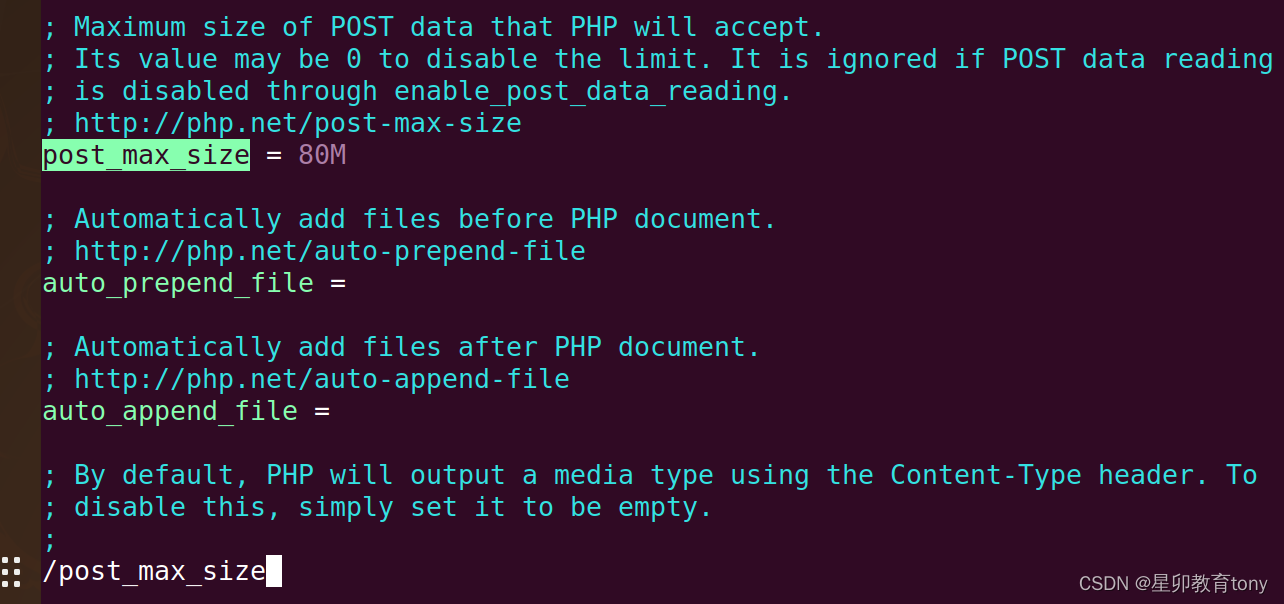

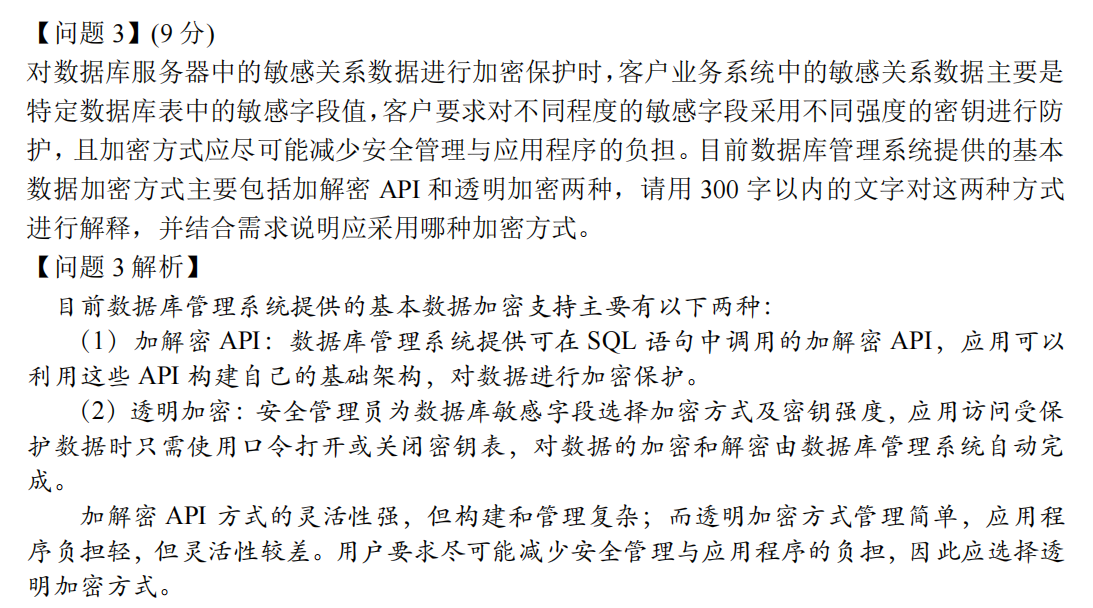
![Linux基础指令[下]](https://img-blog.csdnimg.cn/6e54637bb6a845ca9f93f7003d52a479.png)


